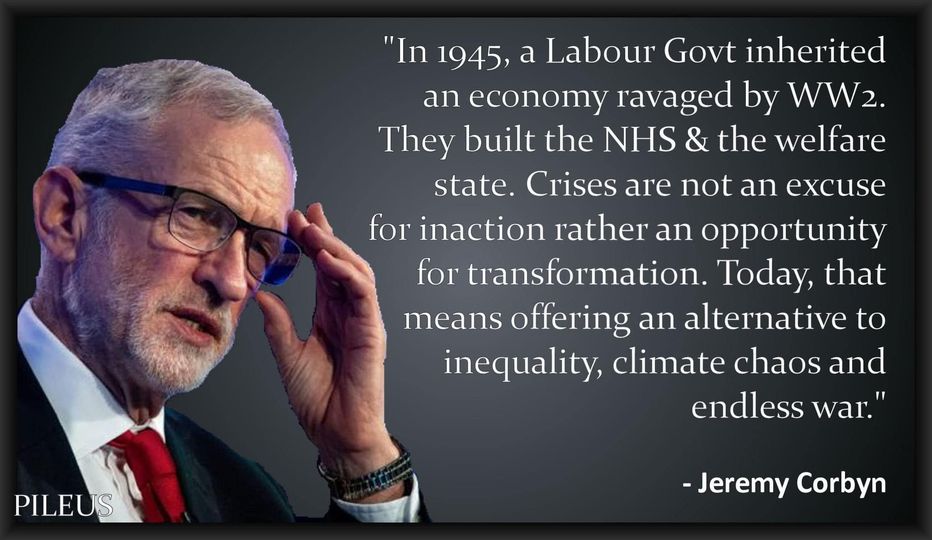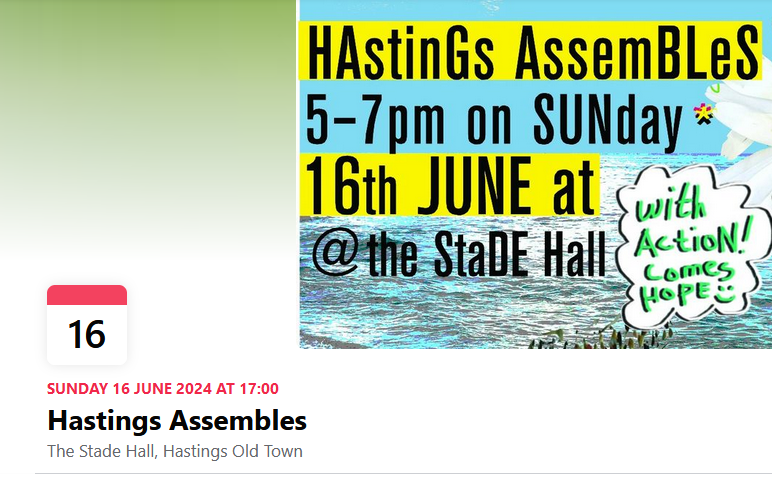Nevertheless, this is a song of hope…
What shall I call the introduction to this essay – “me and politics – a potted history”? I know many other people have been on similar journeys to mine, so I can do it in a couple of paragraphs, and I ask you to forgive it, because it’s the way to talk about the end of despair, and the dawning of a way forward….
Starting around 20 years ago, it became clear to me just how deeply dishonest the newspapers and mainstream television were. In the real world, I saw how dreadful, how infuriatingly unfair things were. I went along to some Occupy events, learned a lot. Heard the BBC say Nigel Farage qualified to be on telly endlessly because his party (the one he had back then) had X thousand members, whereas the Greens didn’t. I joined the Green Party (as did 60 thousand other people, in one week – purely to help get Farage off the telly and the Greens on). I ran with that for a year or two, learned a lot more (about how not to run a political party). Noted the Labour Party opting for Ed rather than David, then a leadership contest with a real person in it…

…I joined the Labour Party. Learned a lot during the ‘membership voice years’, joined a union and the LRC, learned a lot more.
2017 – I saw what should have been a big win thwarted by the media and a stonkingly dishonest Party exec. 2019 – sunk. I left the Labour Party but kept up the politics with the trade unions and the women’s movement. Grandchildren growing up by now, I was feeling an increasing urgency, then October 7th happened, and suddenly it wasn’t only the socialists who were desperate to see change in Palestine.
The world is changing
I had by then lost all faith in party politics, but couldn’t see what the alternative might look like. Then there was this May’s council election with no independents in my ward, and when the wet man called a general election, and I found I had trouble caring who might win this election, out of the likely winners in my constituency.
Then, I got this message:
A number of local groups and campaigns are organising a Community Assembly in Hastings to decide who we should support in the upcoming general election. This assembly will aim to bring together everyone who is despairing about the crises engulfing our country and our world, and the two-party system that offers more of the same – climate breakdown, genocide, and crumbling public services such as housing, health and water. Can we support an alternative candidate? Can we build a movement to decide the principles that candidate will stand for – and hold them accountable afterwards?! Should we create a new type of grassroots politics to challenge the broken system in Westminster? If you want to have your say, get involved.

The debate rolled around the room, mostly made of questions – “A hustings?” “A decision on who to back?” “Or do we put up our own candidate?” “What’s the main goal?” “STOP KILLING PEOPLE!” Gradually moving around to, “How do we influence all this? Where can people-power apply its strength?”
What interested me most was the way the energy changed during the discussion – any parts where we spoke about choosing politicians, trying to influence politicians or listening to politicians, we were full of doubt and world-weariness. When there was talk of inviting the town in to talk, to listen to each other, to BE HEARD, the enthusiasm came back.
Policy forums
It’s a lesson something over half a million people learned during the Corbyn years in the Labour Party. When you really do allow all kinds of people to input their wants and needs, the same themes come to the fore over and over again. People like things to be fair, they want life to be affordable, they want local authorities taking responsibility for health and social services, and they want the Post Office, water and public transport to be public services, not the playthings of irresponsible profiteers … and people don’t like war. Calling for fair play in Palestine wasn’t a minority interest in Corbyn’s Labour Party. Nor was a civilised response to refugees, or addressing the climate crisis. All those things came up again and again while CLPs were holding regular political education and policy debates, and getting their ideas on record.
It shouldn’t be a surprise. Ordinary people talking about their lives and their towns come up with more reasonable policies than salaried politicians taking money from big business.
Conference really was sovereign for a while in the Labour Party. We had to fight for it, because conference was still managed by careerists, but there were enough of us there to fight back and win. I remember when the member-led policy documents came out in 2017, someone from HQ had managed to remove the call for NHS reinstatement from the drafts. We were on the ball. We noticed. The auditorium at conference was intractable. That document got sent back for correction. People like fair play and people, once empowered, won’t be bullied by a few suits.
By 2019, people-led policy had become strong enough that we had a manifesto that was beginning to be truly radical. It even showed a reasonably good understanding of our 2010 Equality Act – something few politicians have had the guts to do since the hottest potato ever, the “trans rights v women’s rights” thing got going. There was even an honest admission in the LGBT section that we had a way to go to achieve a fair answer to the trans rights thing.
Well, we lost the Labour Party.
We lost the Labour Party, and that’s why I don’t really care who wins the election in Hastings. It will most likely be Labour – but there’s a chance the disaffected majority will split between Labour and Green, and we’ll end up with a Tory MP again.
Either way, we will have a dishonest, self-serving MP. But here’s where the new hope came from: we lost the Labour Party, but we didn’t lose the experience of people-led policy-making.

And that’s how we got started with the plan for some public meetings in Hastings: meetings that politicians can come and listen to if they want, but that will focus on people finding out what people want, so we can TELL the politicians what to do.
We discussed the long-term goal of various People’s Assembly movements and theorists, of developing political education and involvement, and of growing to the stage where the assemblies mandate politicians rather than choosing them from a handed-down, party-political menu, and we discussed how to fight off corruption, and ensure the assemblies can recall politicians that don’t try to do what they were mandated to do.
Someone said that doing what they were mandated to do was a tall order for a politician with ideas of their own – well yes it is, but that’s how it is for TU reps, and my CLP used to mandate our conference delegates – doesn’t yours? Why should politicians be allowed to promise the earth, then go and do what they want if elected?
So yes, I may well throw my vote where I think it’s most likely to get the Tories out – but my energy’s going to go into how we develop a system where politicians get to listen to their constituencies, rather than us listening to them and just hoping they do something like what they said they would.
********************
Dear Reader,
Times are hard, and so the articles on this site are freely available but if you are able to support my work by making a donation, I am very grateful.
Cheers,
Kay
********************
